Corrosion & Corrosion Protection Blog Posts
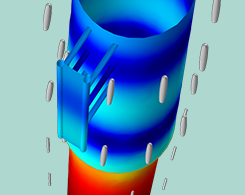
Model Electrodes with Nonideal Connectivity in Corrosion Analyses
Learn the appropriate boundary conditions for performing a corrosion analysis in which an electrode is connected to an external short circuit.
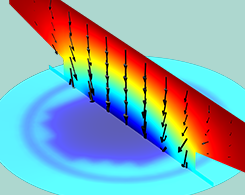
How to Model Electrochemical Resistance and Capacitance
Get an overview of the theory and modeling considerations for resistive and capacitive effects, which are fundamental to the understanding of electrochemical systems.

The Boundary Element Method Simplifies Corrosion Simulation
The boundary element method can be used when simulating corrosion to avoid needing a finite element mesh to resolve the whole 3D structure, saving time for large problems with slender components.
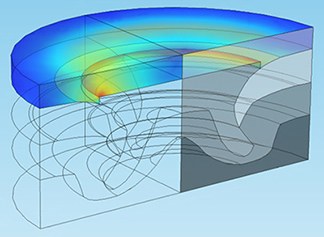
Using Simulation in the Race Against Corrosion
A German research institute and a well-known car manufacturer joined forces to investigate the corrosion occurring in automotive rivets and sheet metal. Get the full story.

Corrosion in Oil Platforms
The offshore oil industry is plagued by a persistent and costly problem: Corrosion in oil platforms can lead to damage and failure of the structure, loss of business, and even onsite accidents.
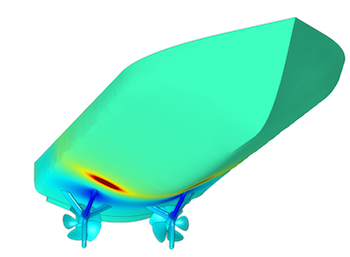
Avoiding Ship Hull Corrosion with ICCP and Simulation
Did you know that the ocean is an electrolyte? Corrosion commonly seen on ship hulls occurs when there are areas with different potentials within such an electrolyte — saltwater, in this case.
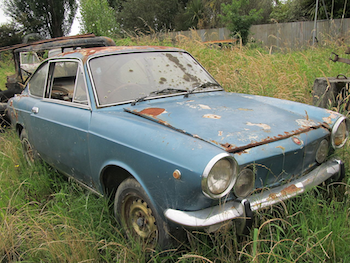
Modeling Corrosion for Automotive Applications
Simulation is a way to address the different types of corrosion that commonly occur in automobiles, saving car manufacturers time, money, and resources.
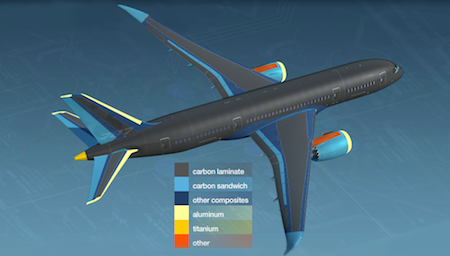
Protecting Aircraft Composites from Lightning Strike Damage
Some aircraft have a protective coating to mitigate damage from lightning strikes. Boeing used multiphysics simulation to evaluate thermal stress and displacement in this layer.
